Buying “ugly” produce isn’t just about reducing food waste. It’s also about supporting the hard-working farmers who feed our country. When Imperfect customers buy blueberries from Homegrown Organic Farms, we literally get to enjoy the fruits of the farmers’ labor.
When their family farm was certified organic in 1989, Homegrown founders John and Cindy became some of the first organic growers in California. Despite having decades of farming experience, pivoting to growing food organically required learning a completely new approach to farming.
“In the early days, there wasn’t a lot of university support for organics,” John says. “Anything the organic growers were learning was on their own, through experience, or researching, like I did, by reading really old publications.
In organic farming, there is an appreciation of caring for produce in all stages of the process. “I want to farm below the soil because ultimately that’s where virtually all the nutrition for the fruit set comes,” John says. “The characteristics of the sugar levels, the size, the smoothness of the skin, and the ability for the fruit to handle the rigors of picking and packing—that’s all set in the soil.” As the years went on, John and Cindy continued to expand. Today, Homegrown Farms represents over 80 organic growers, including those who care for our beloved “imperfect” blueberries.
Extreme weather during the various growth stages of blueberry plants can cause different imperfections, like sizing or scarring. The berries are edible and delicious, just not acceptable in main retail markets. With supermarkets refusing to buy off-spec fruit, growers need to overplant to meet their quotas for “perfect” berries, leaving Homegrown with few options for their less-than-perfect—but still perfectly delicious—crops.
When asked why they don’t just sell their small berries to become jam or juice, Homegrown noted that selling berries to a processor actually costs them money. Selling to a jam or juice processor only returns about 30% of the price they can get in the fresh market. Even frozen berry companies refuse to buy their imperfect crops because the overall market is oversaturated with berries.
We’re proud that our ongoing partnership with Homegrown is a step toward bettering our food system and the environment. So keep an eye out for these tasty berries from Homegrown the next time you’re shopping with us: By simply buying these off-spec blueberries, you can reduce food waste, benefit farmers, and help the environment. Talk about a win-win-win!
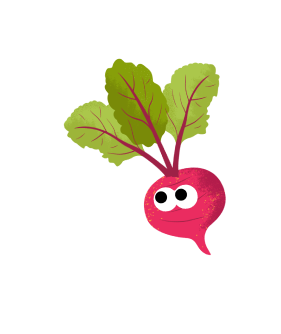
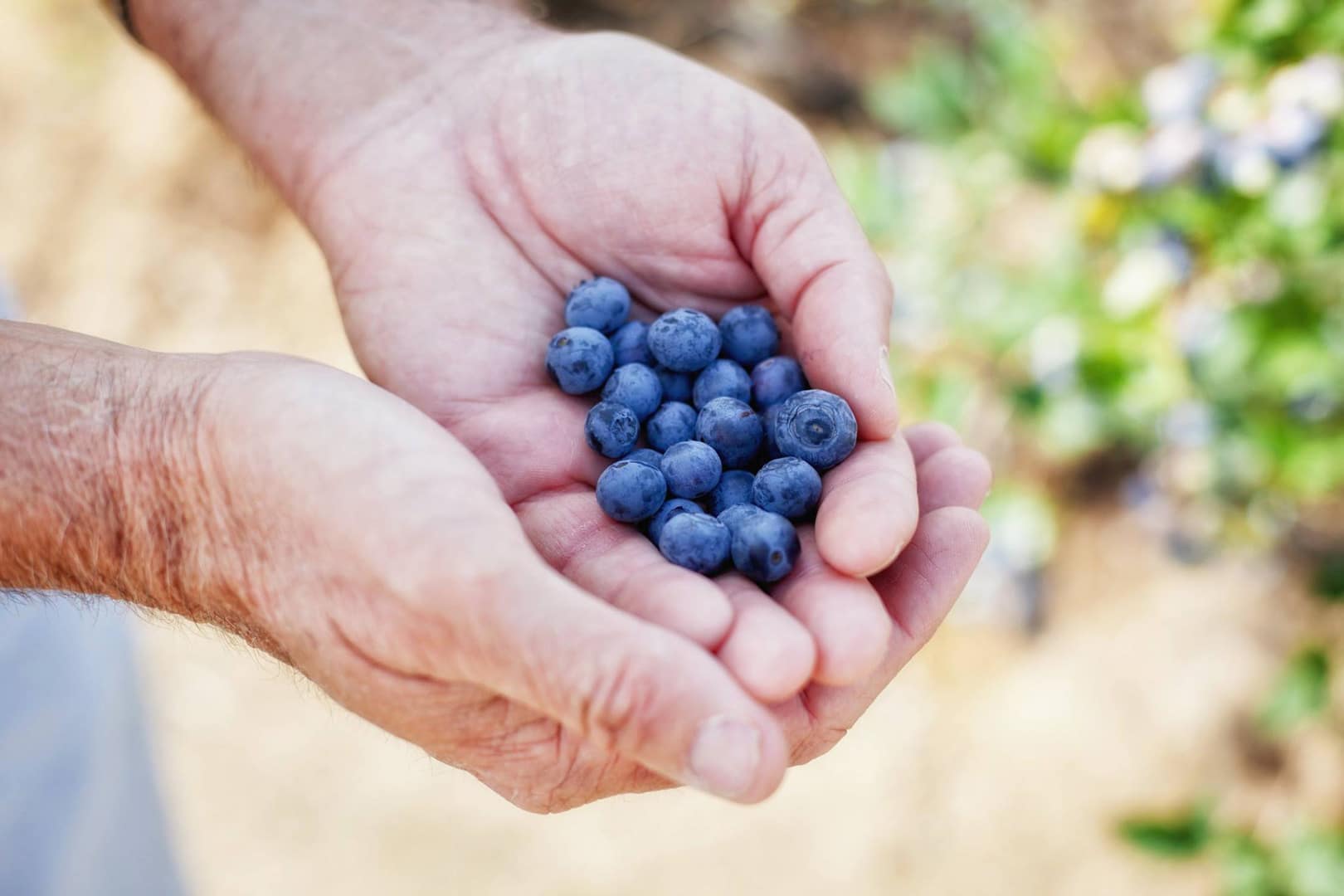
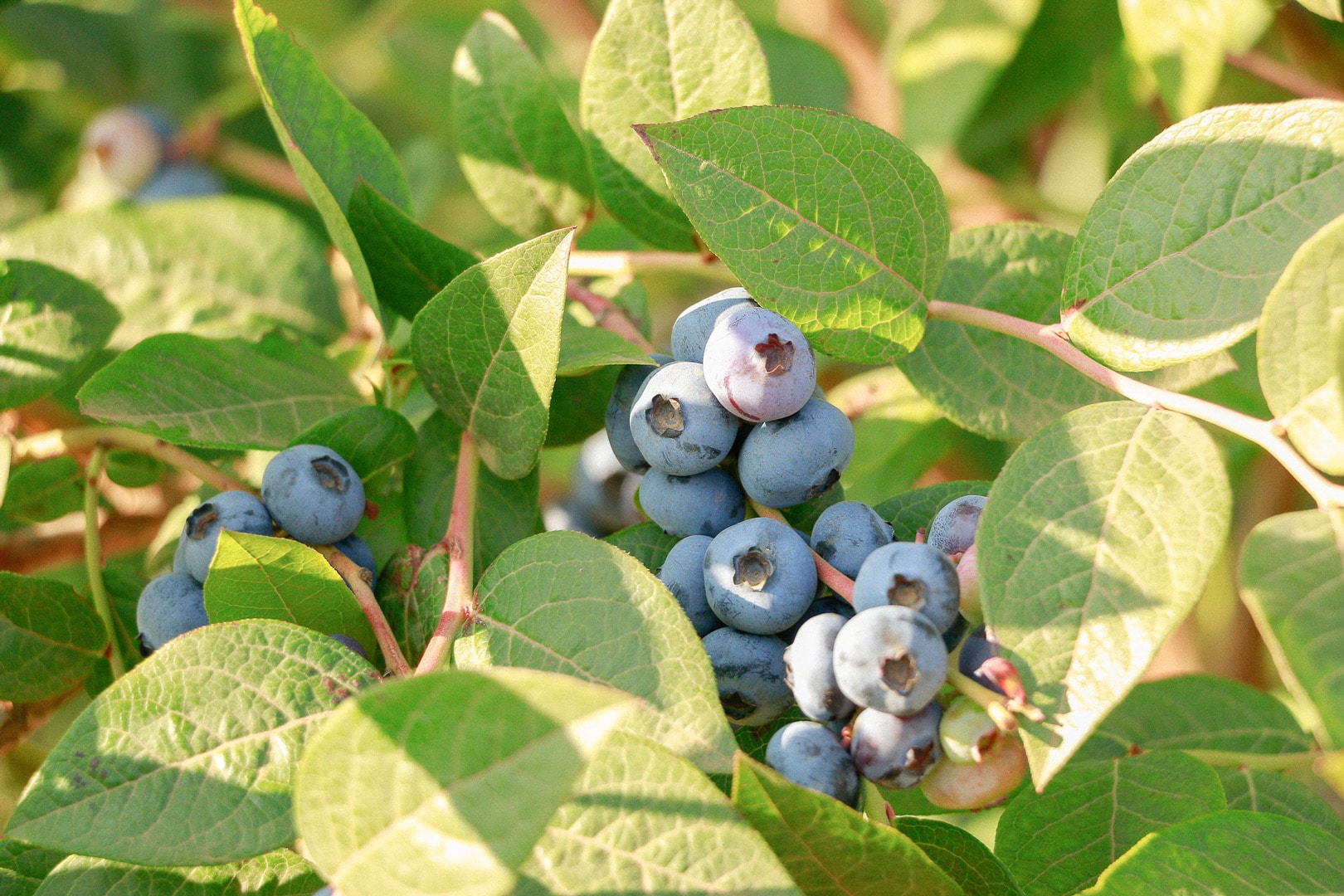
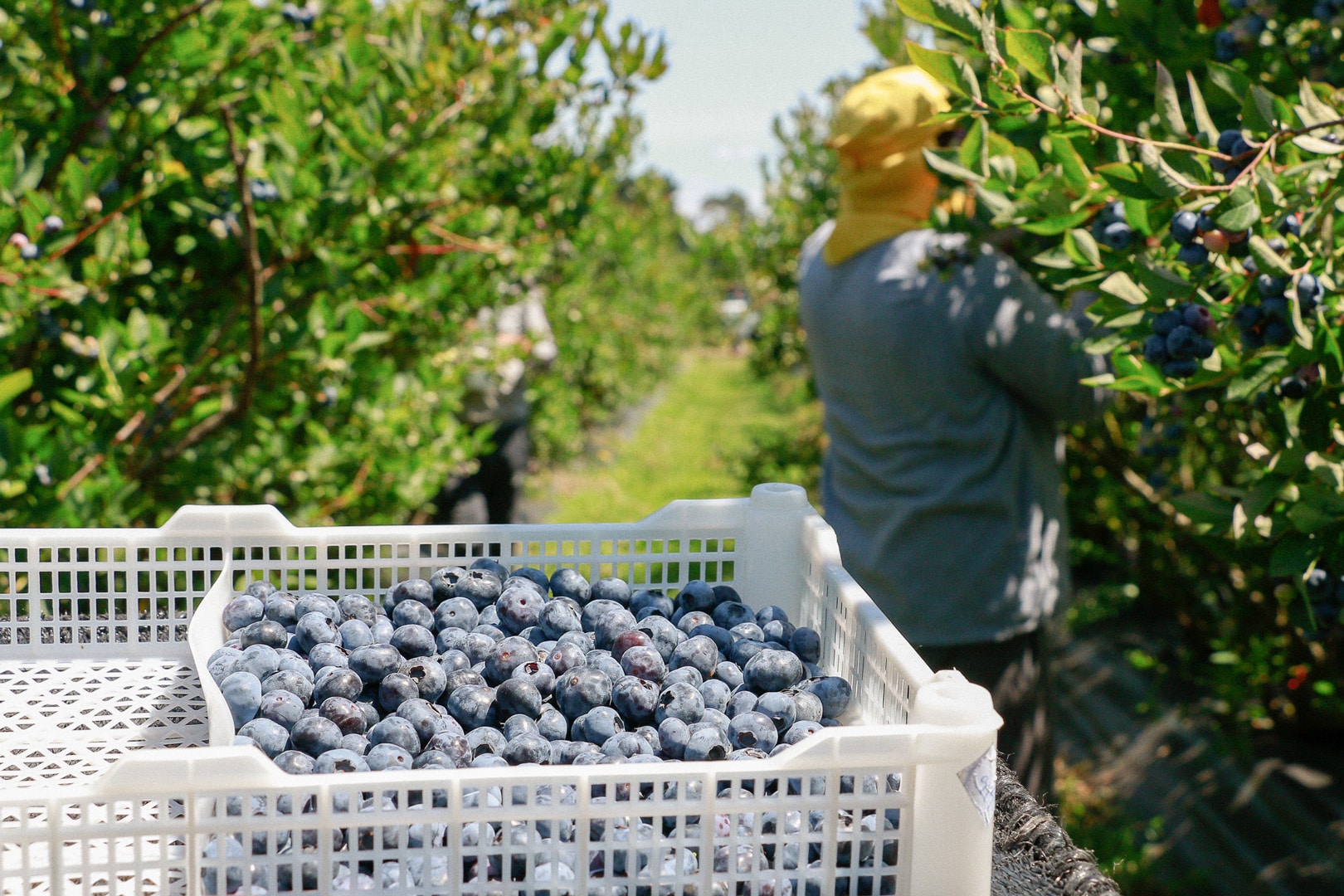


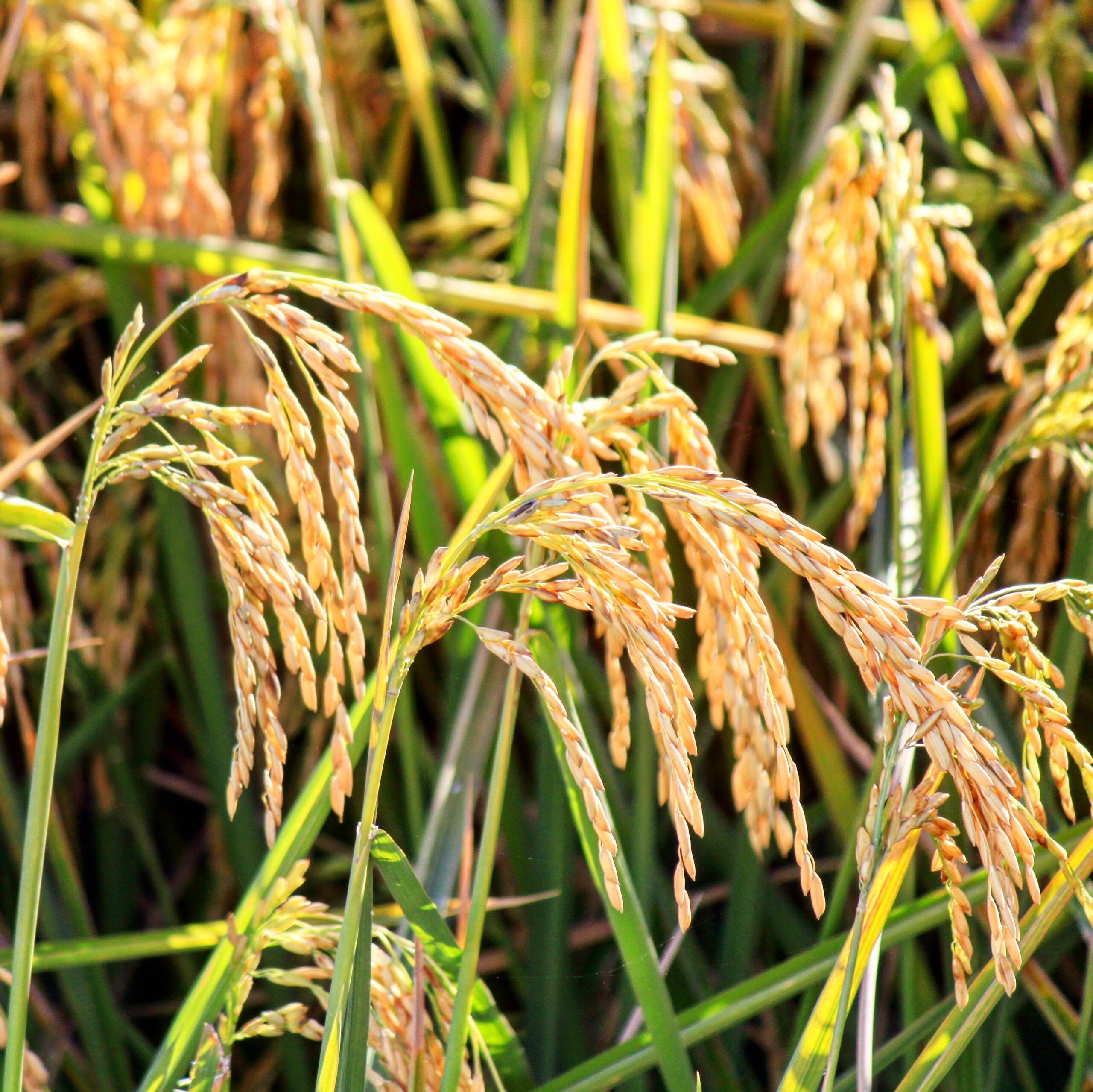
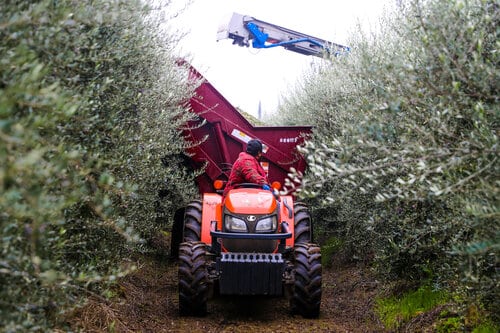
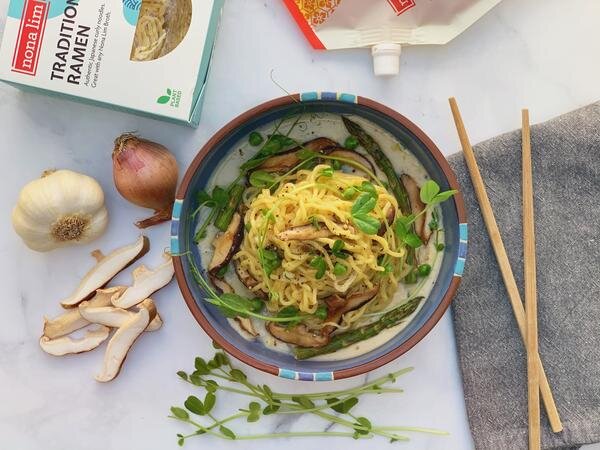
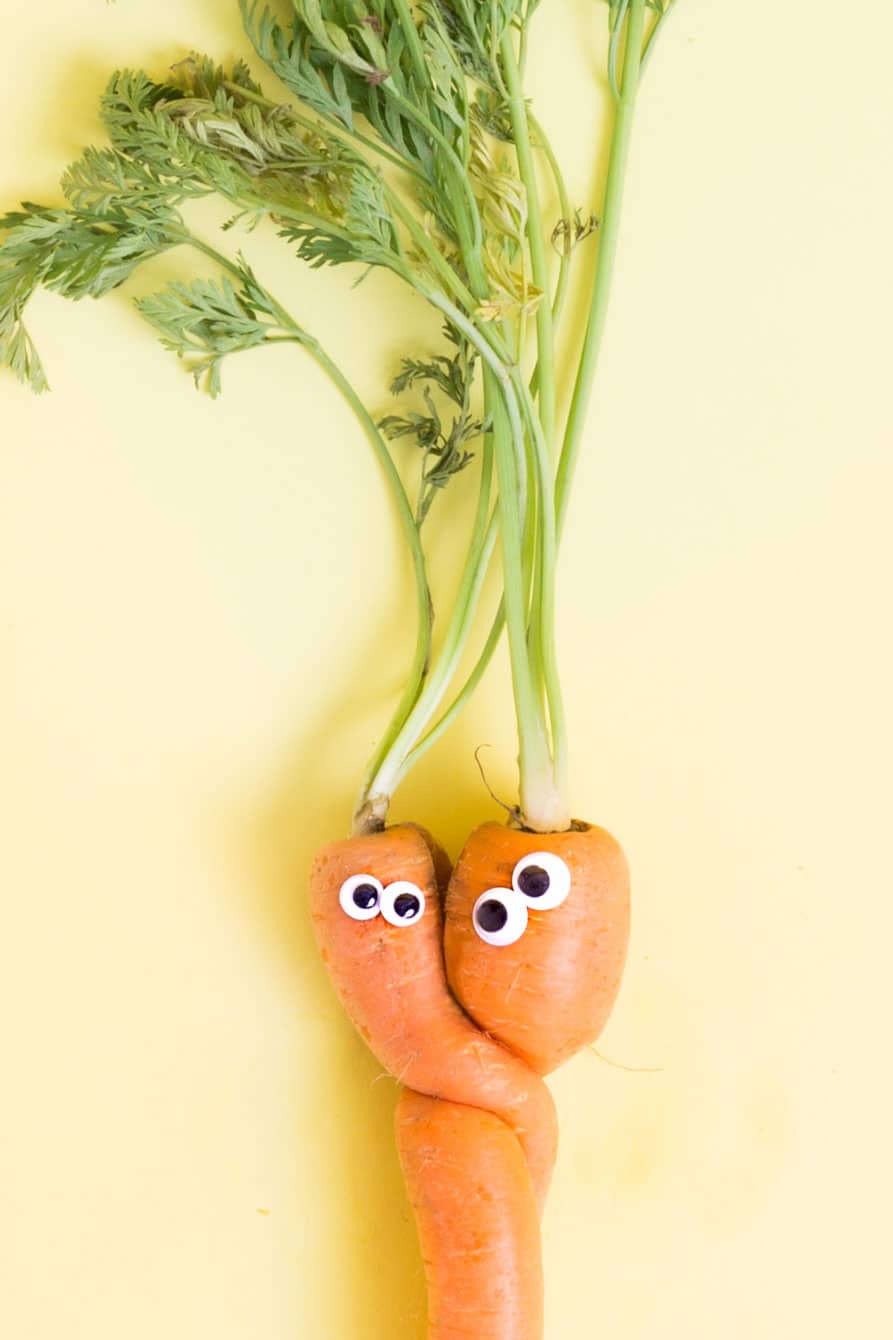
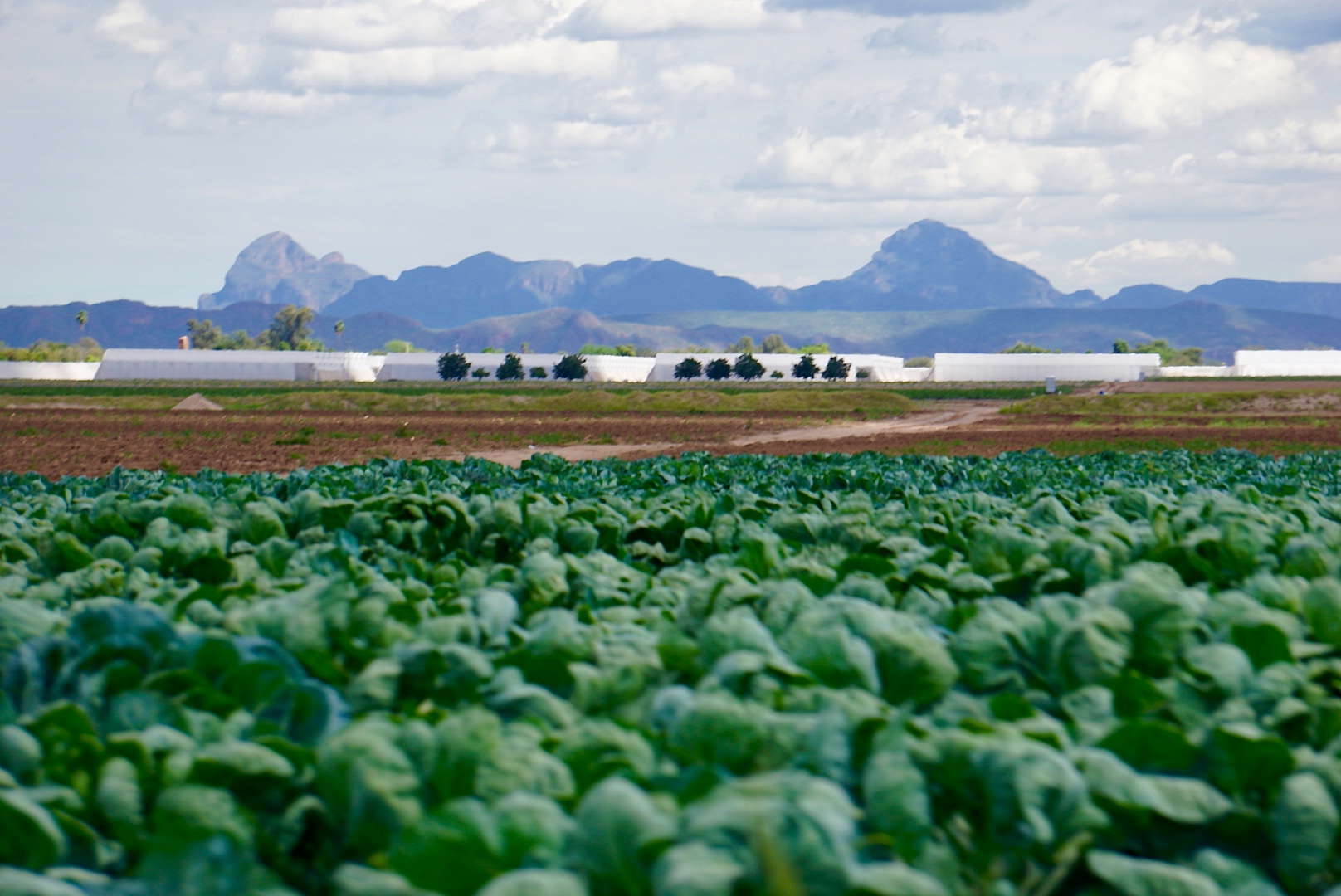

Is there any way to put the blueberries in a container that is recyclable? We stopped buying fruit in clamshells as most recyclers no longer take them.
Is there any way to package the blueberries in a container that is recyclable? We stopped buying fruits packaged in clamshells because most recyclers no longer take them.
I would also rather not purchase produce in plastic clam shells, because single-use plastic is seriously hurting our environment and wildlife.
I would prefer compostable paper boxes.
Me too! No plastic berry containers is the way to go!
Please no clamshells
Often our products come pre-packed from the growers, but we do know that both our growers and us are taking active steps to look into other packaging ????
Hi, we have subscribed for several month and have a request: Please find a non-single-use plastic container for tomatoes, blueberries, herbs, strawberries. I only get herbs when I’m not paying attention to cancel them! I try not to order the tiny tomatoes. Could you re-use disposable burger containers? That’s gross, but a substitute along those lines for tiny, fragile products would impress and please many of us. Thanks, Sally
Hi Sally! We love your passion around this! And we wanted to let you know that a lot of our products come prepackaged to us from growers. With that said, we are working hard to always look and push for more sustainable packaging! ????
I havnt recieved my shopping list for this week or last week
Please get in contact with our customer care team so we can help get to the bottom of this: bit.ly/385DIoA ????